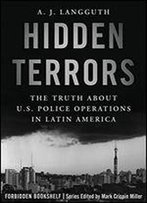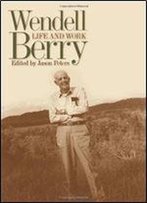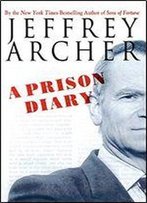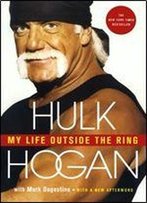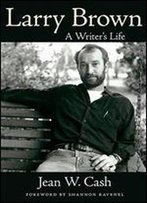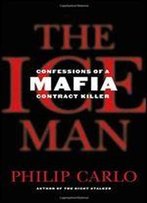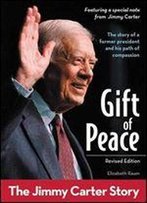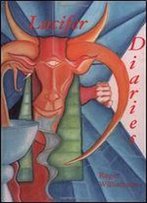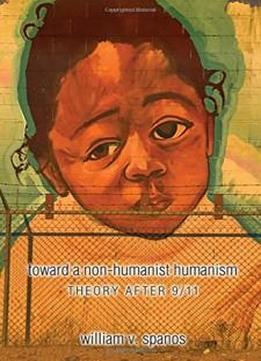
Toward A Non-humanist Humanism: Theory After 9/11
by William V Spanos /
2017 / English / PDF, EPUB
1.7 MB Download
In his book
In his bookThe End of Education: Toward Posthumanism
The End of Education: Toward Posthumanism,
William V. Spanos critiqued the traditional Western concept of
humanism, arguing that its origins are to be found not in ancient
Greece's love of truth and wisdom, but in the Roman imperial era,
when those Greek values were adapted in the service of imperialism
on a deeply rooted, metaphysical level. Returning to that question
of humanism in the context of the United States' war on terror in
the post-9/11 era,
,
William V. Spanos critiqued the traditional Western concept of
humanism, arguing that its origins are to be found not in ancient
Greece's love of truth and wisdom, but in the Roman imperial era,
when those Greek values were adapted in the service of imperialism
on a deeply rooted, metaphysical level. Returning to that question
of humanism in the context of the United States' war on terror in
the post-9/11 era,Toward a Non-humanist Humanism
Toward a Non-humanist Humanism points out
the dehumanizing dynamics of Western modernity in which the rule of
law is increasingly made flexible to defend against threats both
real and potential. Spanos considers and assesses the work of
thinkers such as Giorgio Agamben, Alain Badiou, Judith Butler,
Jacques Ranciere, and Slavoj Zizek as humanistic reformers and
concludes with an effort to imagine a different kind of humanism--a
non-humanist humanism--in which the old binary of friend versus foe
gives way to a coming community without ethnic, cultural, or sexual
divisions.
points out
the dehumanizing dynamics of Western modernity in which the rule of
law is increasingly made flexible to defend against threats both
real and potential. Spanos considers and assesses the work of
thinkers such as Giorgio Agamben, Alain Badiou, Judith Butler,
Jacques Ranciere, and Slavoj Zizek as humanistic reformers and
concludes with an effort to imagine a different kind of humanism--a
non-humanist humanism--in which the old binary of friend versus foe
gives way to a coming community without ethnic, cultural, or sexual
divisions.
